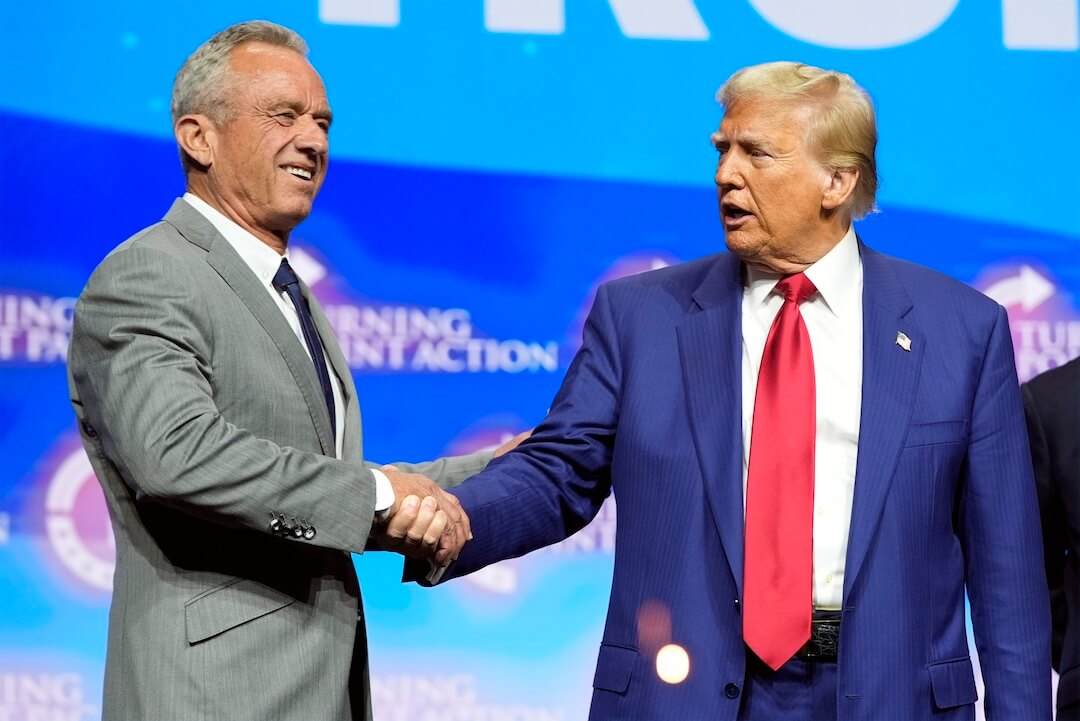The Holy Grail of the news business these days is figuring out how to turn the droves of readers who swipe past stories on social media into a reliable stream of revenue.
As more and more users flock to monoliths like Facebook, Snapchat and Instagram and away from publishers’ websites, many news organizations have been hard-pressed to cash in on these “distributed” audiences.
But there was a rare break in the clouds Monday afternoon when The Wall Street Journal reported that Facebook is building a tool that will allow users to subscribe to news publications directly within the mobile app, in a move that could provide a long-sought money-making avenue on the world’s most popular social media network.
Related Training: Building Trust on Facebook
If the feature comes to fruition, Facebook would follow in the footsteps of Apple News, a newsreader from the makers of the iPhone that allows publishers to sell subscriptions in the app.
But even though the latest update is encouraging, longtime observers of Facebook’s financial relationship with news publishers affected wariness or cautious optimism Monday afternoon when reached for comment.
Alan Mutter, a newspaper industry analyst and journalism teacher at the University of California, Berkeley, was skeptical that the subscription feature would prove to be a major windfall for local and regional news organizations, which have struggled to match their national brethren when it comes to building their subscriber rolls.
“I think this is like a chicken soup thing,” Mutter said. “It couldn’t hurt, but it’s not going to be a transformational business model for publishers to sell subscriptions through Facebook.”
He cited as evidence the vanishingly small proportion of readers who opt into subscription across the newspaper industry writ large and the reluctance of readers to shell out for a news subscription.
“Only a small number of people in the English-speaking world are willing to pay to acquire news,” Mutter said. “A lot more people are willing to buy Netflix and HBO than are willing to pay for a subscription.”
Complicating the matter somewhat is the as-yet unsettled nature of the subscription feature. According to The Wall Street Journal, Facebook is aiming to roll out the offering by the end of 2017, but the finer points are still up in the air. Among them: Will Facebook use a metered model, the kind employed by news organizations such as The New York Times? Will the subscription feature be on the company’s Instant Articles exclusively? Would Facebook take a cut of the subscription revenue? And who gets to keep the user data?
“We don’t know yet the totality of Facebook’s proposed news subscription partnership,” said Jim Friedlich, executive director of Philadelphia’s Lenfest Institute. “According to The Wall Street Journal, they are in serious discussion with several major news publishers. There is not yet a granular picture of a proposed business deal, and as always, the devil is in the details.”
A news subscription platform on Facebook wouldn’t be a panacea, but it’s a meaningful step in the right direction, Friedlich said.
“The company is clearly serious about creating stronger partnerships with the news business, both to help journalism and to help Facebook,” he said. “On that sincere foundation, there is reason for optimism.”
Still, Facebook has built a powerful business by selling advertising against free media created by publishers of news and entertainment, said Jason Kint, the CEO of Digital Content Next, a trade organization that represents premium digital publishers. Allowing a subscription feature into that ad-supported ecosystem is “fundamentally at odds” with the company’s business model.
“The real tension that will determine whether this is meaningful or not is that Facebook makes over 90 percent of its revenue from advertising,” Kint said. “And all of their incentives and work to date has been to keep as much of the news and entertainment flowing through their platform free.”
But if it’s in earnest, Facebook’s subscription feature is exactly the kind of engineering “moonshot” that Kint called for in a letter to Facebook CEO Mark Zuckerberg and Google CEO Sundar Pichai in a letter late last year.
“Between the two companies, they have the platform and the engineering talent to change the trajectory for news and entertainment,” Kint said.






